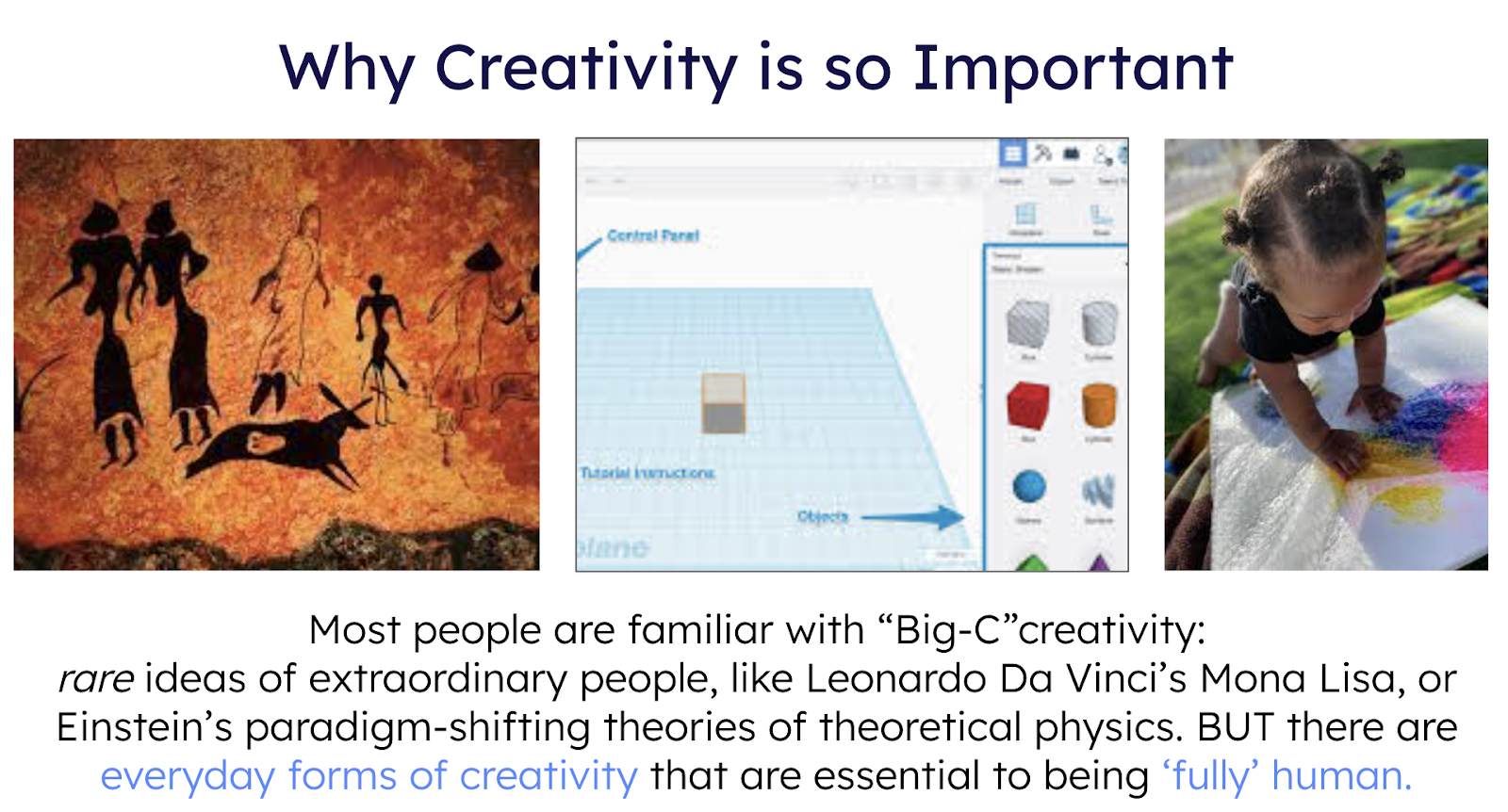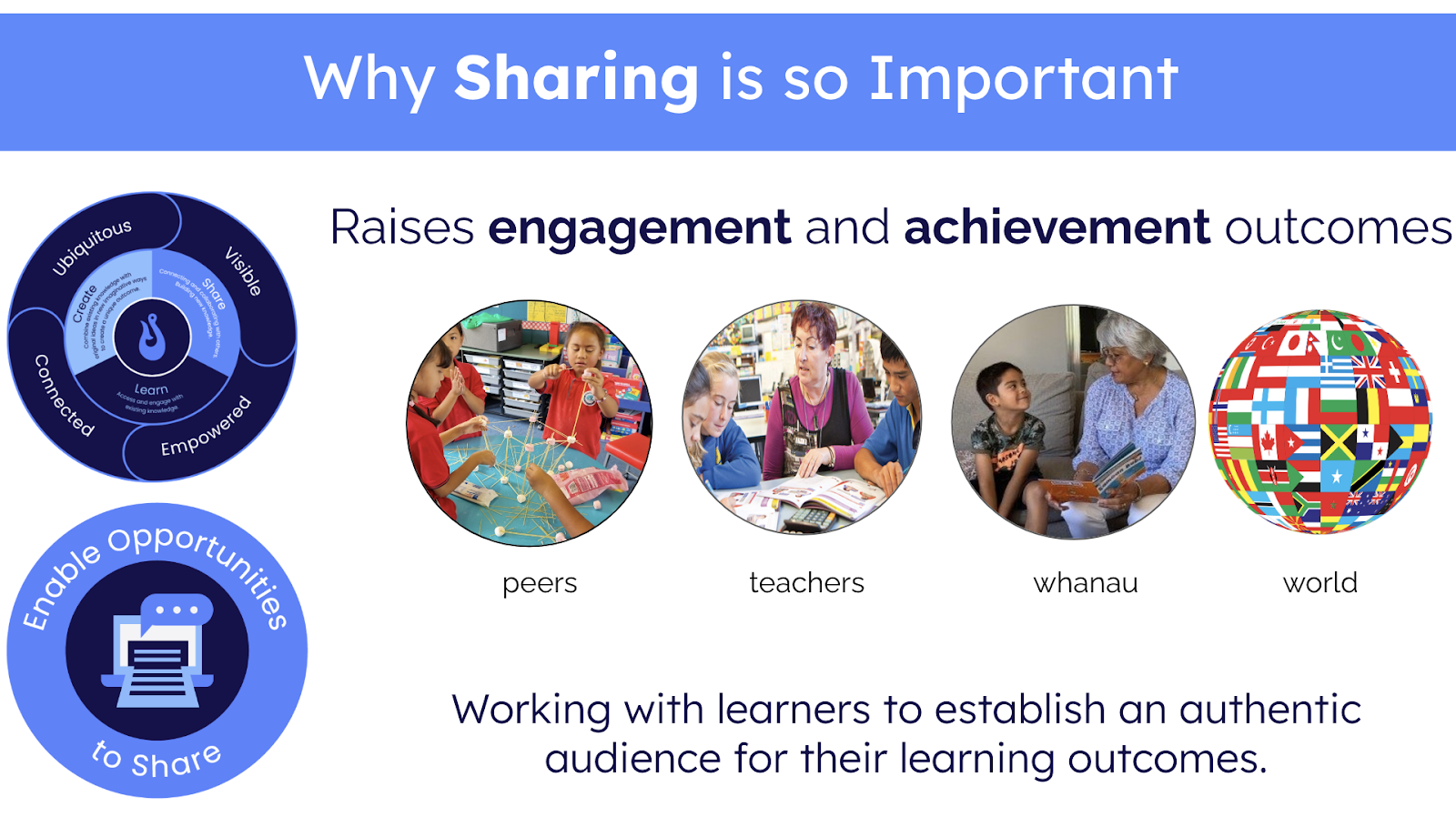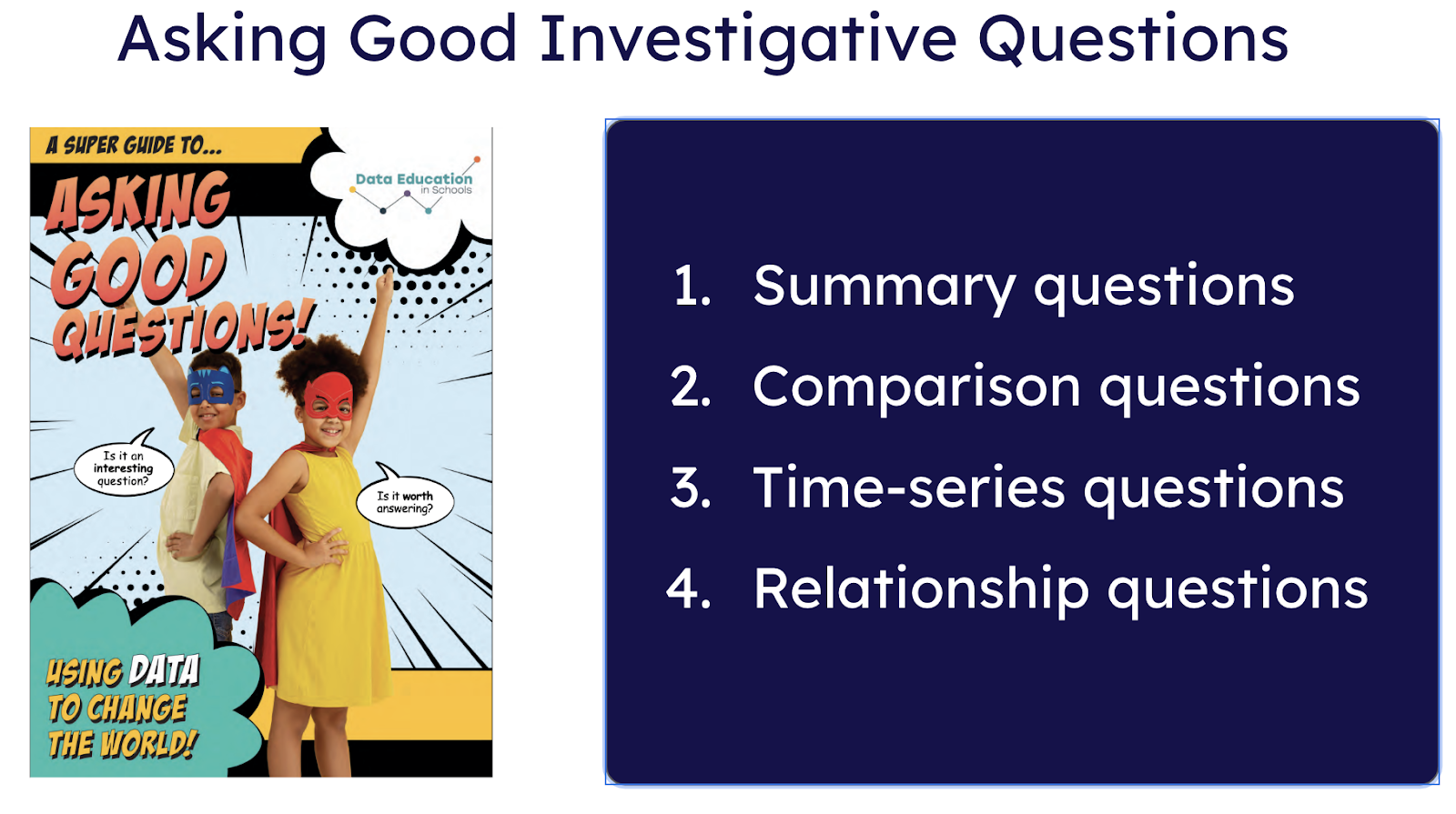Today's MPI session was all about Statistics and Probability. Below are my thoughts/takeaways.
Data Talks
One takeaway was the idea of data talks. Data talks are all about presenting students with a graph, chart, or dataset, then letting them take the lead in analysing what they see. The aim is to prompt students to make their own observations, ask questions, and spark a discussion based on their interpretations of the data.
I love that this approach turns math into a more interactive and student-driven experience. Instead of me explaining what’s going on, I get to see students actively involved, pointing out trends, forming hypotheses, and discussing ideas with their peers. Data talks can be adapted to so many different topics too. I can picture using them in lessons covering everything from sports statistics to environmental data, or even something fun like snack preferences in the class.
Investigative Questions
I was also interested in hearing about the different types of investigative questions and how they align with the various NZC maths phases:
Summary Questions – These focus on a single dataset to highlight the main features. Example: “What’s the average number of books read by our class this year?” They help students grasp the general behaviour of a group.
Comparison Questions – These involve comparing multiple datasets. For instance, “Do boys and girls in our class spend the same time on homework?” They encourage students to think critically about similarities and differences.
Time-Series Questions – These track changes over time, such as “How have temperatures changed monthly this year?” They help students identify trends and make predictions.
Relationship Questions – These explore links between variables. Example: “Is there a relationship between study time and test scores?” They prompt students to consider cause, effect, and correlation.
I had never had this shown to me before. Knowing this will help me guide my future lessons and discussion around data with my students.
This has given me some great things to think about and I look forward to sharing them with my team.






